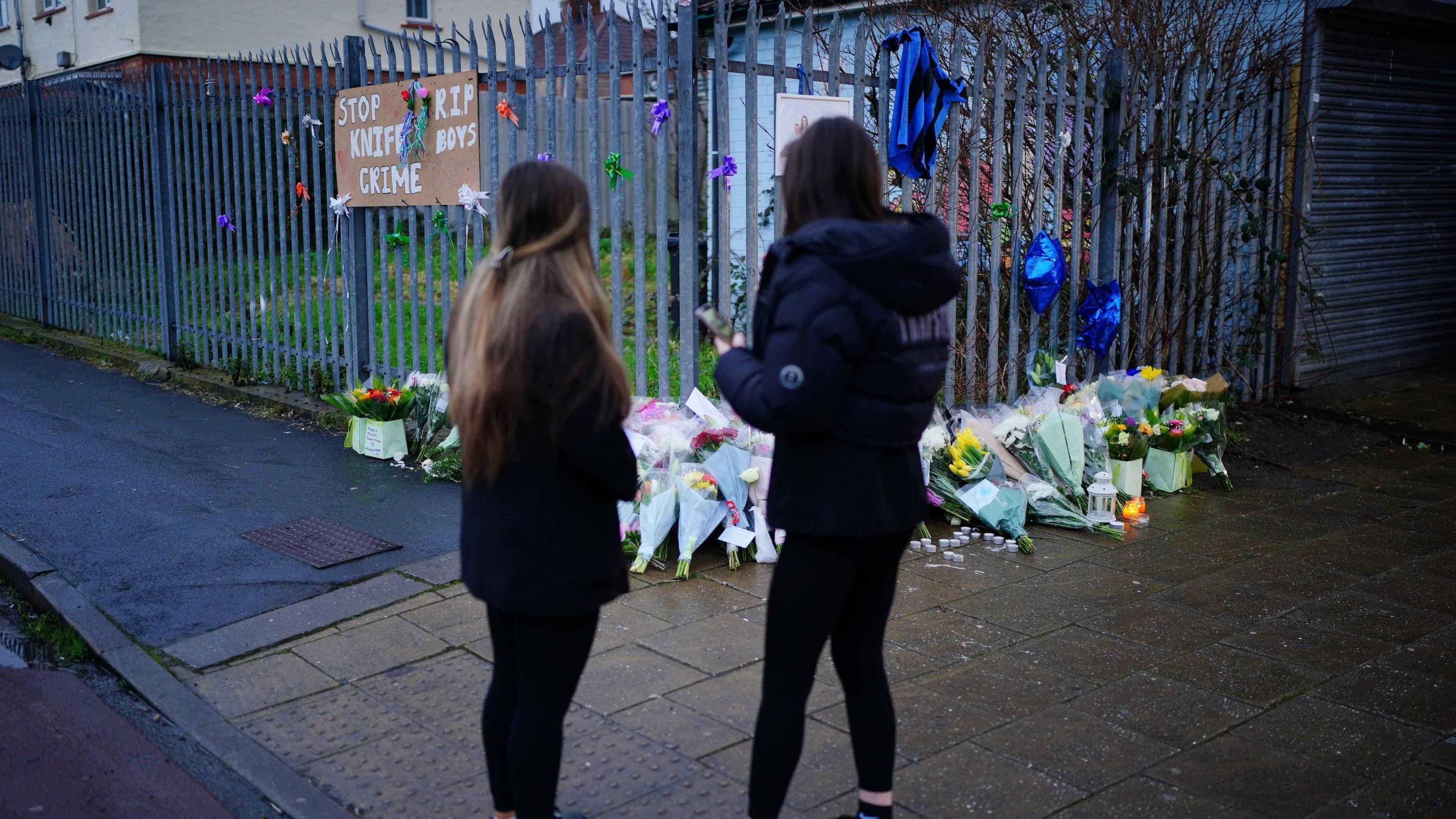Three murdered boys 'failed' by system - family
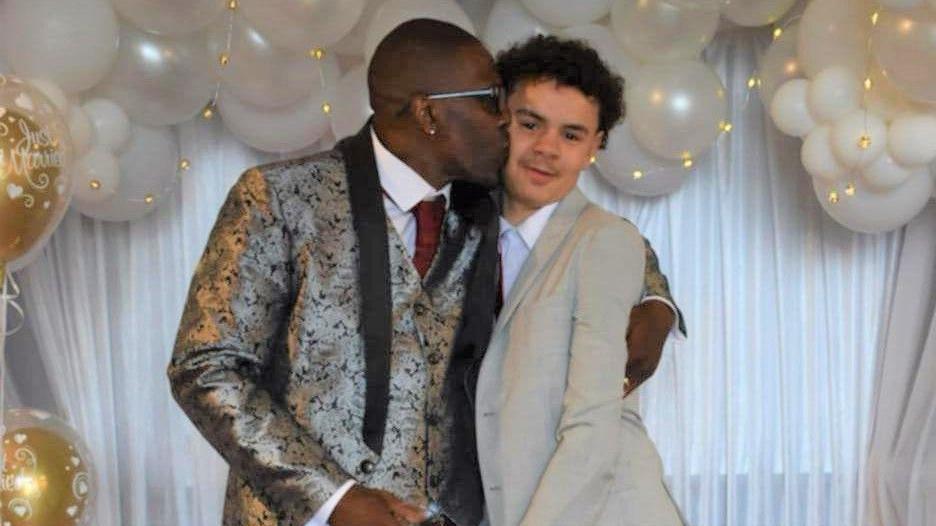
Darrian Williams' family say he was "failed by the whole village"
- Published
Three teenagers who were stabbed to death during a spate of knife crime in Bristol were "failed" by the system designed to protect them, the family of one of the victims has said.
Max Dixon, 16, Mason Rist, 15, and Darrian Williams, 16, were all children who never came home after being ambushed and murdered by boys their own age.
An independent Thematic Review on Serious Youth Violence has been published in collaboration with city leaders, police, healthcare and social services across Bristol.
The report analyses what went wrong in the lead up to their deaths, and how to prevent another loss through early intervention schemes, boosting school attendance and disrupting child exploitation gangs.
The report states key organisations in the city will put education at the heart of safeguarding by ensuring schools are central to decisions on child protection.
Agencies will now work together to share information, create a co-ordinated plan for each child at risk, and track progress to hold each other accountable.
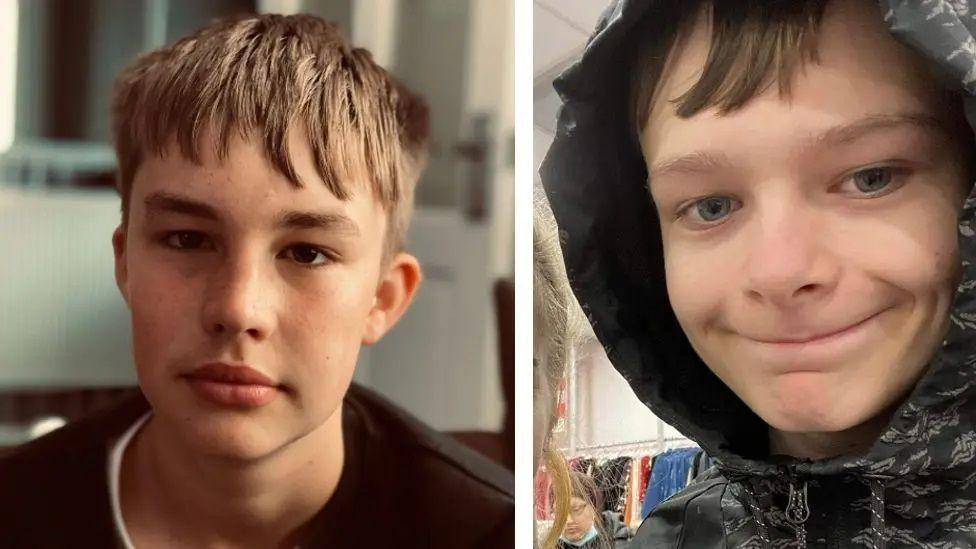
Teenage best friends Mason Rist and Max Dixon died after a brutal attack that lasted 33 seconds
The three teenagers died within 18 days of each other last year.
Mason Rist and Max Dixon were killed in Knowle West on 27 January 2024 in a case of mistaken identity.
The pair were stabbed just feet from Mason's home by four teenagers wielding machetes, in a joint act of misplaced revenge.
Darrian Williams bled to death on a cold pavement after being stabbed once in the back by two teenagers in Rawnsley Park, Easton, on 14 February.
Moments before the attack, it is believed there was a verbal confrontation in which the postcodes "1-6" and "2s" were exchanged, which are linked to gangs in Bristol.
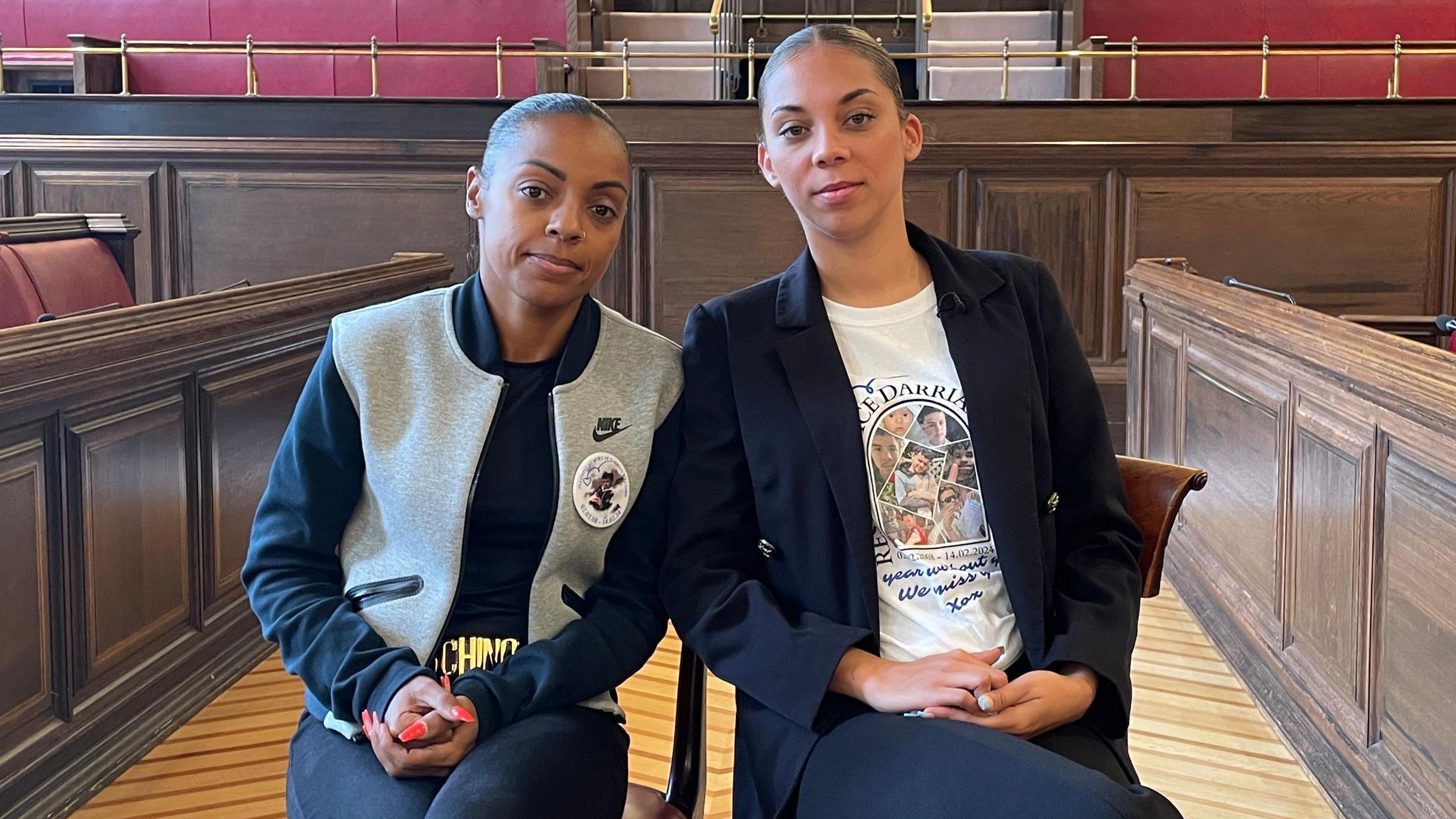
Tiffany Williams (L) and Shanine Wright, Darrian's aunt and sister, have contributed to the report
Desperate to see change, Darrian's family worked on the report alongside multiple organisations to help forge a strategy on preventing youth violence.
"These gangs are still highly active and operating," said Tiffany Williams, Darrian's aunt whom he lived with at the time.
"We need to be proactive, working on this daily."
Ms Williams described her nephew as an intelligent, loyal, compassionate and ambitious boy who dreamed of becoming a lawyer.
"I'm surprised it was Darrian, he just wasn't that kid," she said, choking back tears. "He was highly academic and wasn't a troublemaker."
Shanine Wright, Darrian's sister, added: "It takes a village to raise a kid, and a village to fail a kid. Darrian was failed, by the whole village."
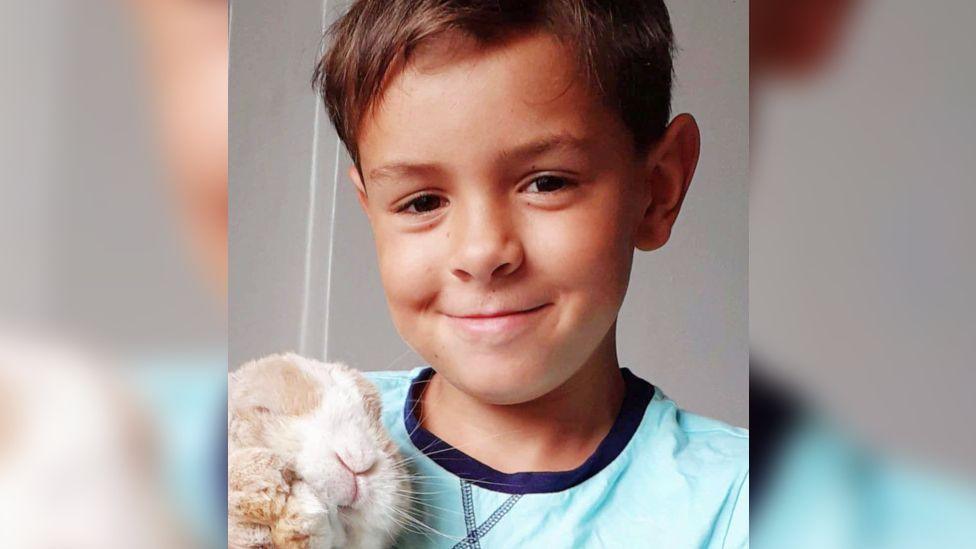
Darrian Williams dreamed of becoming a lawyer when he grew up
The report cited education failures where children were excluded or moved between schools without adequate support.
"[Darrian] was out of school for eight months until I got him into into a learning provision," Ms Williams explained.
"That's where I believe the problems started. That's when we started hearing about the different gangs and how they operated.
"I tried to change it, to get him out of there and back into mainstream, but once you're on these alternative provisions it's extremely hard."
The report also stated that the communities where Max and Mason were killed faced similar "discrimination and exclusion" within the education sector.
"They see schools as not meeting the needs of adolescent boys with low literacy levels who disengage from learning and school," it said.
"Communities in South Bristol see this as directly linked to violence asking, 'why are you surprised this happens? What hope can they have?'"
According to the report, Bristol's secondary school attendance rate is 90%, falling below the national average of 93%.
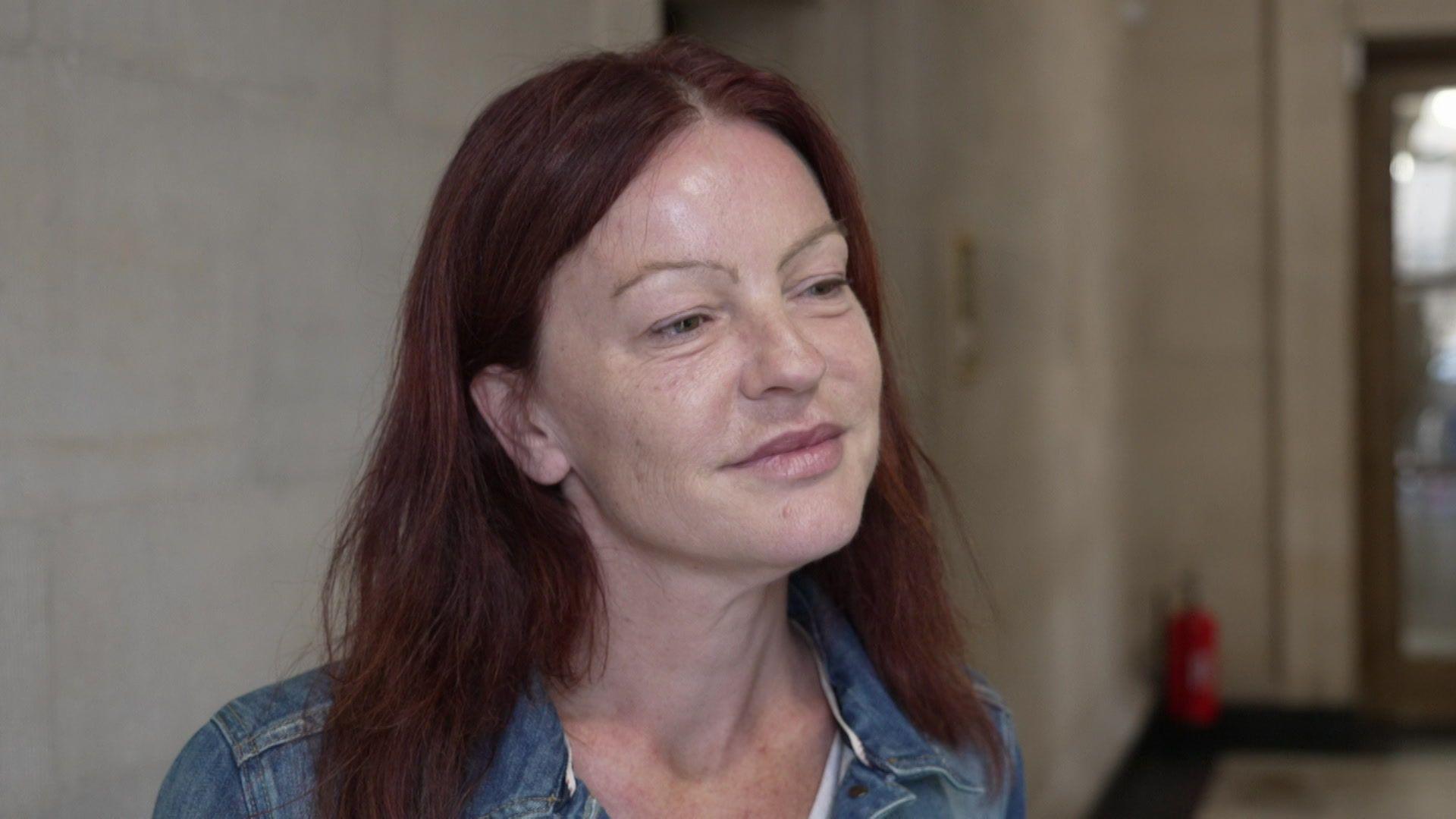
Councillor Christine Townsend says keeping children in school protects them from harm
Councillor Christine Townsend, chair of the children and young people policy committee, says education is the "biggest piece of safeguarding" available for young people.
"It provides them with opportunities," she said. "The idea they can achieve and, as an individual, there are things in their future they can aim towards.
"It protects them from their peers and adults who want to manipulate them, and put them in dangerous positions."
Collaborative approach
Prior to the review, agencies were working in isolation with no shared or consistent approach to tackling serious youth violence, the report found.
It also highlighted "leadership instability" within Bristol City Council, which has had five different directors of children's services since 2019.
Now, schools will no longer be left out of safeguarding decisions and will be treated as equal partners in child protection, the report stated, with better access to information and support from other services.
A shared data system will be built to enable analysts to spot patterns in children at risk - including poor academic attendance, behavioural issues and knife crime hotspots.
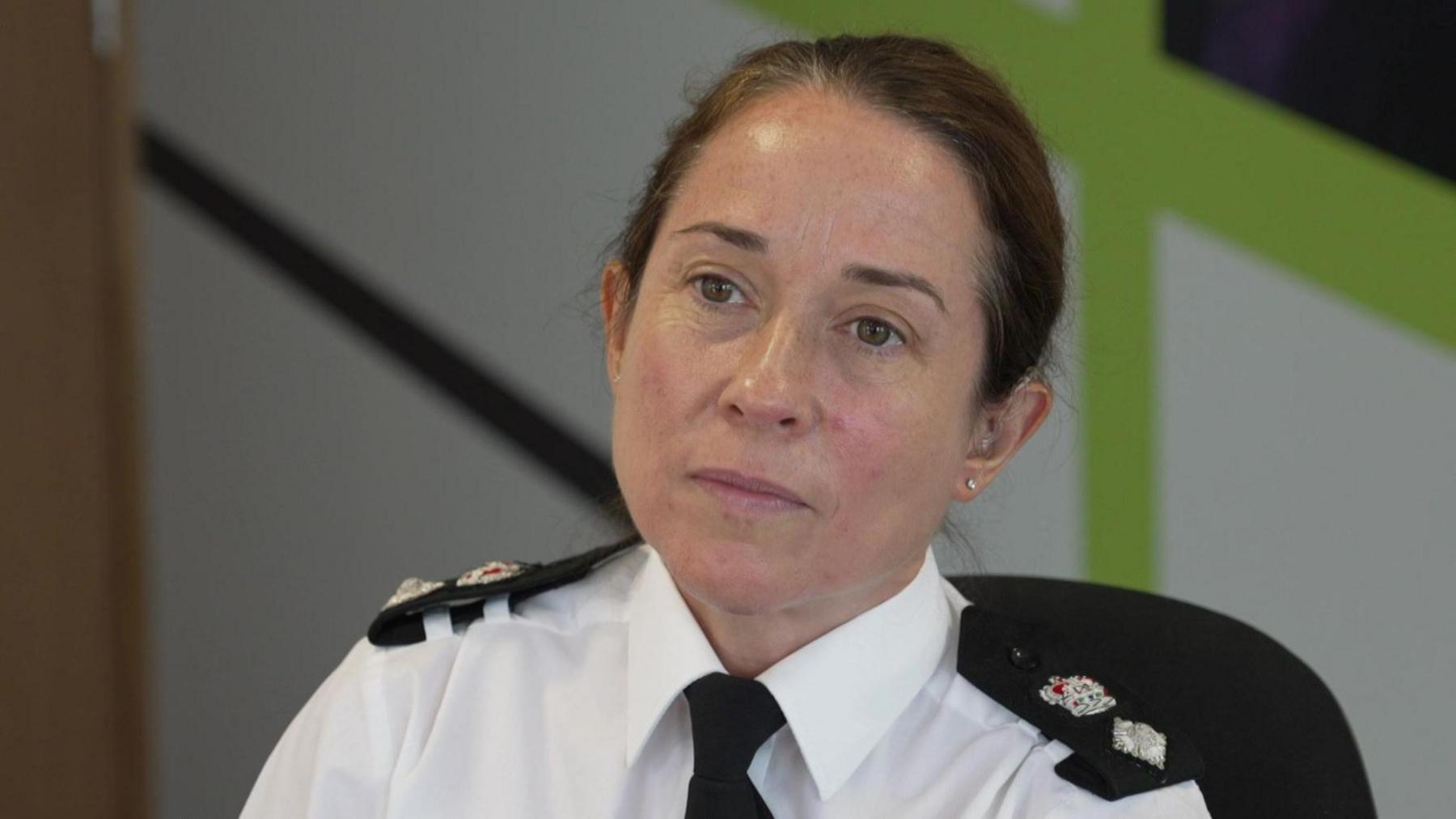
Ch Supt Liz Hughes says increased visibility patrols will be taking place across the city
Avon and Somerset Police is also deploying 70 officers to patrol the city's streets, engaging with truant pupils, targeting perpetrators and monitoring unsafe spaces.
"They will be visibly patrolling communities more, responding to calls, and developing intelligence to ensure there is disruption activity if we know a child is being exploited," Ch Supt Liz Hughes explained.
"If we met a child that wasn't in school, we would feed that back to our colleagues in social care so we could make sure there is adequate support in place and they are kept safe.
"I'm really hopeful this work will strengthen our response at every level."
Get in touch
Tell us which stories we should cover in Bristol
Follow BBC Bristol on Facebook, external, X, external and Instagram, external. Send your story ideas to us on email or via WhatsApp on 0800 313 4630.
- Published10 December 2024

- Published3 November 2024
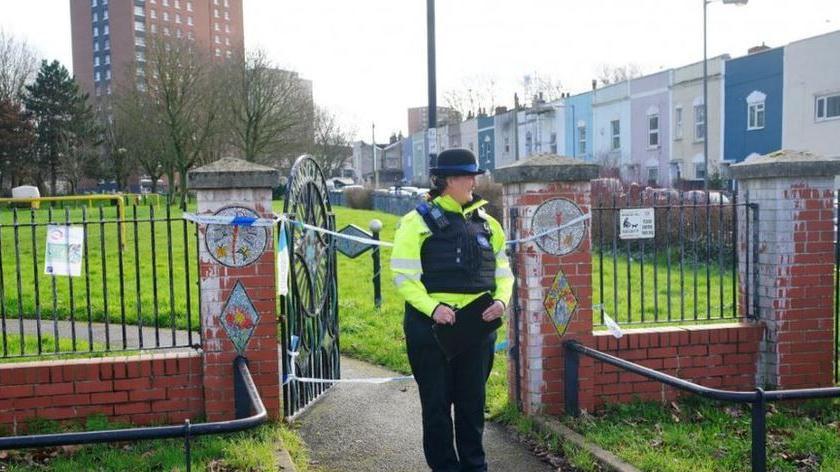
- Published1 November 2024
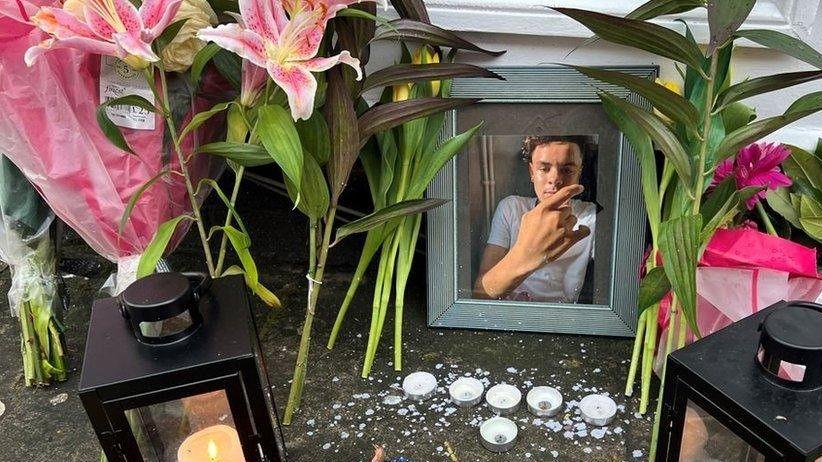
- Published15 January
